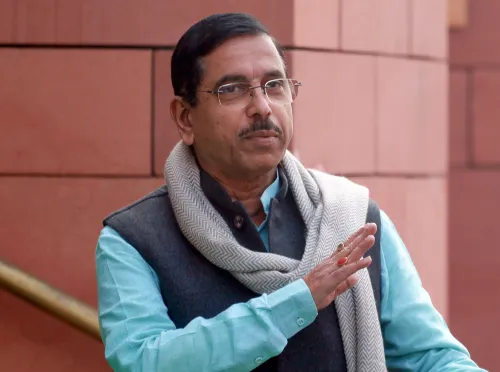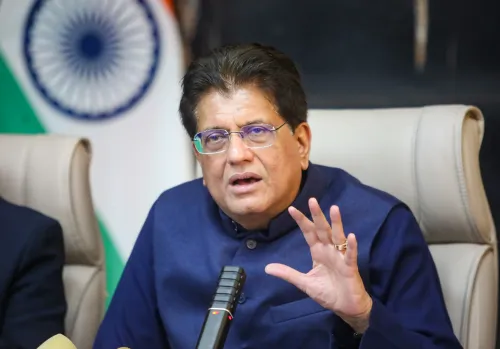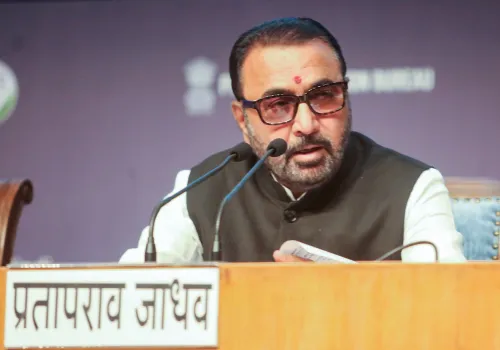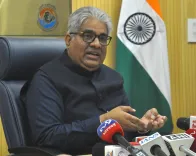Strengthened Indo-German Collaboration in Science and Education: Insights from the German Ambassador
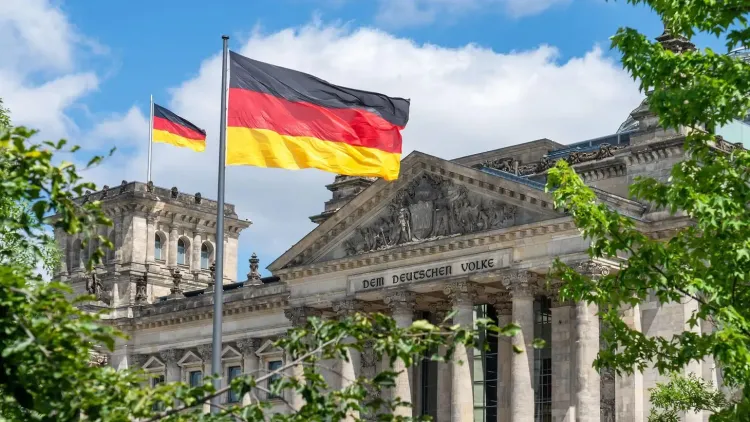
Synopsis
Key Takeaways
- Approximately 50,000 Indian students are studying in Germany.
- The collaboration between India and Germany in science and education is at its peak.
- More than 80 German universities will be hosted in India.
- DAAD published a strategy for enhancing cooperation with India.
- India is becoming a center for science and innovation.
New Delhi, March 21 (NationPress) With approximately 50,000 Indian students pursuing their studies in Germany, the collaboration between Germany and India in the fields of science and education is more robust than ever, stated the German Ambassador to India and Bhutan, Dr. Philipp Ackermann.
This declaration was made during an event in the national capital, celebrating the 65th anniversary of the German Academic Exchange Service (DAAD) in India and its century-long dedication to promoting international academic partnerships.
As India aims to bolster its educational connections with Germany, it will welcome over 80 German universities and research institutions, marking a crucial advancement in academic and research collaborations, as noted by DAAD.
“The Indo-German alliance in science and education is at its strongest point. It serves as a foundational element of our bilateral relationship. We have nearly 50,000 Indian students in Germany, making it the largest contingent of foreign students from any nation,” Ackermann expressed.
“Indian scientists are enriching our research environment with their talents, aspirations, and breakthroughs. It is gratifying to witness this exchange flourish year after year,” he continued.
During the event, DAAD unveiled a strategy document outlining its collaboration with India. This document emphasizes the immense potential for academic exchange and scientific cooperation and offers targeted recommendations for German universities.
“Collaborating with the world's largest democracy is becoming increasingly strategic for Germany, particularly in light of significant geopolitical shifts,” remarked DAAD President Prof Dr. Joybrato Mukherjee.
“India is swiftly emerging as one of the globe's premier hubs for science and innovation. The rapid evolution of the Indian higher education and research landscape presents numerous avenues for bilateral cooperation, including student mobility, skilled labor recruitment, and research partnerships,” Mukherjee added.
Additionally, DAAD proposed several recommendations for German universities to further enhance academic collaboration with India. These suggestions include forging strategic partnerships, attracting Indian talent, promoting innovation transfers, and enhancing regional expertise.


